A decorated police officer, Carl Rosier-Jones survived a terrifying incident, but the trauma phobia that followed took him on a long, emotional, but rewarding journey
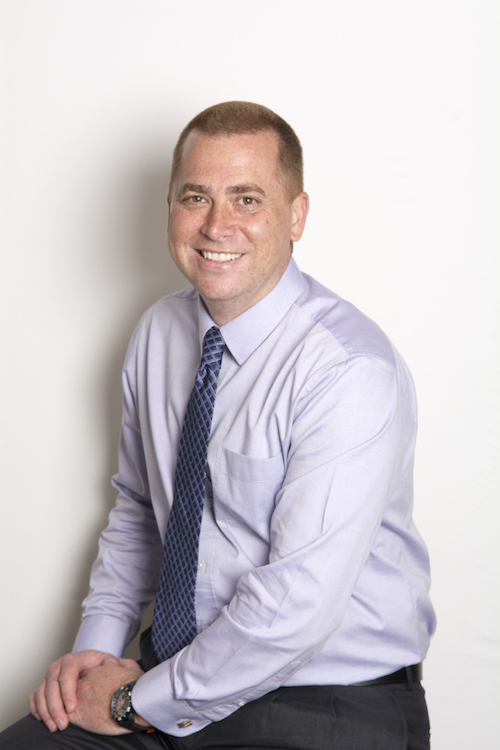
PTSD was something I sort of knew about but never had an opinion on. Now I do. I wanted to do something with my life. I wanted to wear a uniform as a career. In 2000, at the age of 24, I joined the police. It was everything I wanted it to be, a role that carries responsibility like no other, and I am good at what I do.
I worked hard. I gave up so much of my life to do the job. I qualified to do specialist roles and was proud of my contribution to the thin blue line. I had no time for personal life: the job needed me. I rarely went sick. I worked through all types of injuries and illness. I was even put in hospital three times for doing my job, but none of these incidents come close to why I am writing this personal story.
In January 2011, I was working a night shift and attended a domestic dispute. Blue lights on and heading to the scene, the radio was going and my colleague was taking details. With hindsight, this incident needed to have a big warning label across it. The short story was that on arrival all was calm. The female had a red mark across her face and said she had been hit by her partner. The next stage was the arrest, but it did not go smoothly.
After saying the words to the suspect, all hell broke loose. For the next six years, I have been coming to terms with what happened next. He pulled a gun from under the cushion he was sat on, pointed it at me, and pulled the trigger six times. I saw the recoil of the gun, something coming from the muzzle and a loud bang, bang, bang … followed by another bang, bang, bang.
He pulled a gun, pointed it at me, and pulled the trigger six times. I saw something coming from the muzzle and a loud bang, bang, bang
I knew I was going down and made an instant choice to go down fighting. I fought as hard as I could, I was attacked by his mate that was sat next to him, and then his dog, but I did not stop. After what seemed like hours, I had him in cuffs and was shoving him out the house as quickly as I could.
It was only after he had been put into a secure cage at the back of our van that I stopped and thought about anything. I checked myself. There was no blood. Could he have missed? Are the bullets stuck in my stab proof? I had no time to think about this because I had an important job to do. He was booked into custody and after hours of paperwork I eventually got home.
I returned to work the next night and got on with my job. I had plans. In February 2011, I was being mobilised as an Air Force Reservist and was due to go to Afghanistan. I focused through the next few weeks. I was told the suspect had admitted to what he had done, and the gun had turned out to be firing blanks. He was later sentenced to three-and-a-half-years.
That’s the end of that, I thought.
I went off to Afghanistan and actually enjoyed my tour being based in Camp Bastion and a week in Kandahar. Again, I considered myself to be very lucky. For me, it was a fairly uneventful tour. I had a great bunch of people around me and I worked hard, completing my tour and returned to my normal job in October the same year. I believe this one experience is the reason why I was able to function for as long as I did, almost like a break from the norm.
Turning 36 in 2012, I was honoured to be told I was going to London to receive a bravery award for the shooting incident the previous year. Attending 10 Downing Street and meeting the then Home Secretary, Theresa May, was a once-in-a-lifetime event.
Returning to work again, things felt fine but there was a small niggle. The award brought up a lot of memories as I had to re-live them for newspapers and magazines. I thought I had put it to bed, but this niggle grew over the next two years. I didn’t want to give in to it, as I knew that my colleagues would judge me. They would think I was weak or unworthy of working with them. I kept it a secret until the summer of 2014 when it all came to a head. My diet went out the window. I was surviving on four hours sleep a day, and my concentration and physical health were going downhill. Eventually I was signed off for a month.
I read books, went on training courses and realised they were not helping, so I took control of my own mental health. I worked through theories and methods, realising that everything in today’s world is just far too complicated. With my experiences, my knowledge and ability to write reports, I ended up writing a book, The Cavemen Principles, and used it to overcome my mental health secret, a completely debilitating illness.
I returned to work stronger and healthier, with a new focus. I qualified as a detective and was able to work on some interesting cases. But a new curveball was thrown my way last year. I attended an armed robbery, and once again everything came crashing down. One firearms incident, one job, and I was back at square one. I thought I had sussed it, but mental health is not something we can ever fully comprehend. As I was coming to terms with it all, I felt ostracised from my team, a burden to my work, and a “problem to society” as I struggled to understand what had happened.
Now with a diagnosis of having a “trauma phobia” linked to PTSD, it is still difficult for me to come to terms with it all. I can operate at 95% most of the time, but it is only when a trigger happens that I become a jibbering wreck and cannot control anything, something a police officer cannot allow to happen in any situation.
I felt ostracised from my team, a burden to my work, and a 'problem to society' as I struggled to understand what had happened
When I try to explain this to people, they look at me as if I have just made it up. I can hear their thoughts. They think that I am not worthy of doing the job I love, that I am crazy, or just lazy and not worthy of being part of anything bigger. It is written over their faces when I try to explain. Supervisors saying, “I don’t get it” doesn’t help either. I have no physical scars, no marks, and nothing on show. Indeed, people have no idea until it all goes wrong. I can understand their thought processes, but feel undervalued and worthless when they know my secret.
I consider myself very lucky. I have no depression and I know the exact trigger that sets me off, but it does not help control it. I am determined to get control of this, but it is hard going, and it is a very long and emotional journey. I believe that everything happens for a reason and I am being pushed down another route. Instead of fighting it, I am trying to embrace it. It is a fascinating and an interesting subject, covering how the human brain works and why we do what we do. It now has my full attention. Although policing has always been my number one job, due to the experiences, exposure and exhilarating incidents I have been part of, I do fear for my long-term mental health.
The work is something that I will always cherish, and would even yearn to do all again if I had the chance, including the incident in 2011.
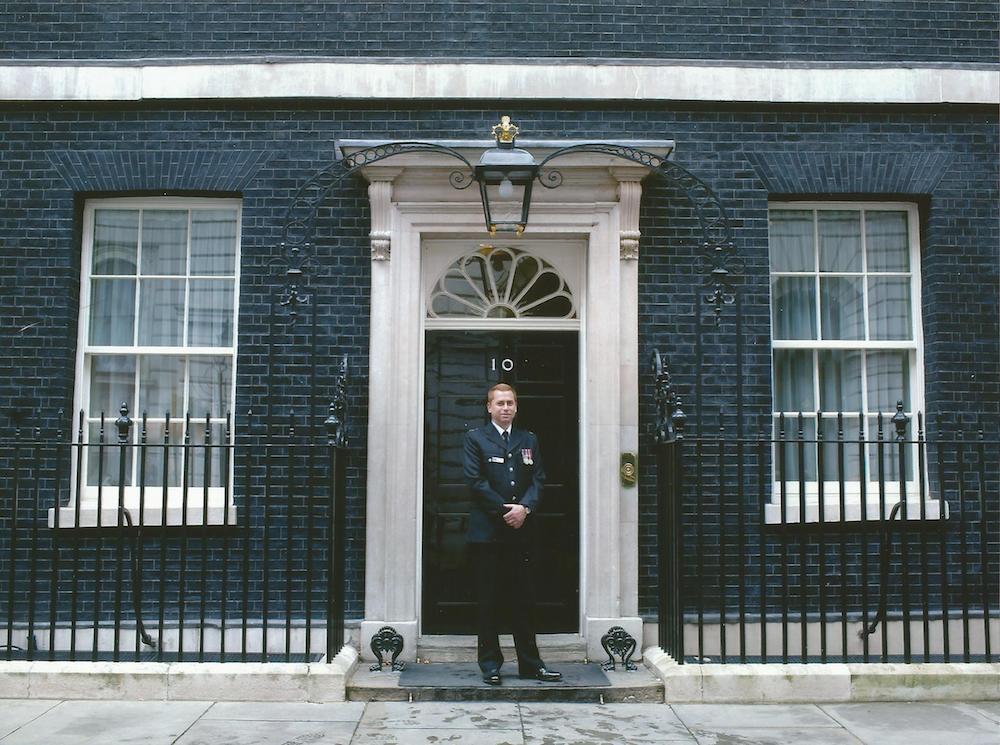
My new focus is to help others who struggle with mental health. I am determined to show that PTSD and mental illness are nothing to be scared of. I now give talks about my experiences, helping people and organisations understand mental health better. I explain that other peoples’ thoughts, and worrying about being the Mr or Mrs Teflon, are part of the condition and we need to change. My next book is slowly emerging and I hope one day it will be published so it can help as many people as possible.

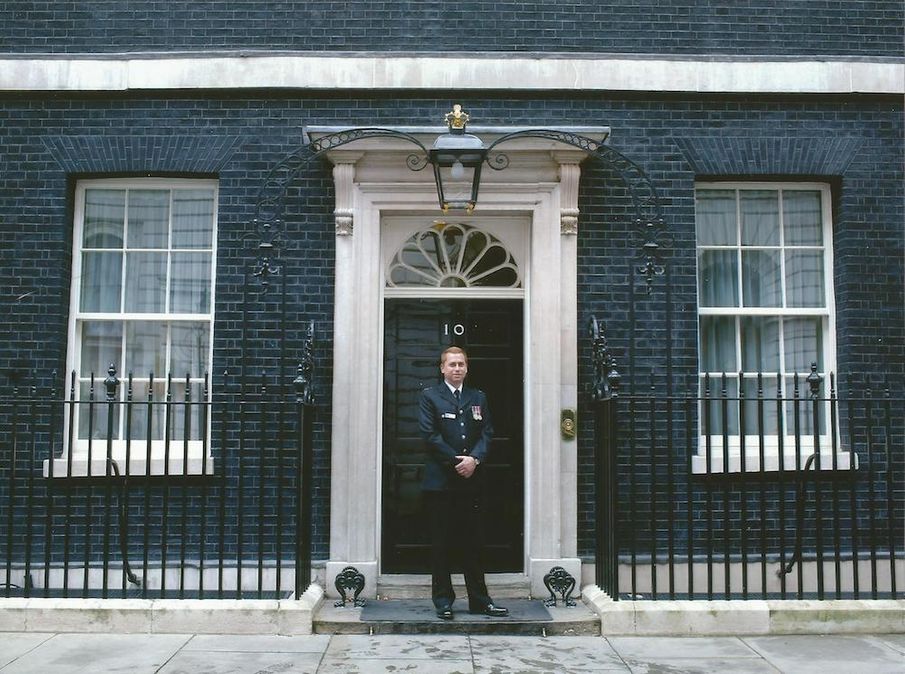
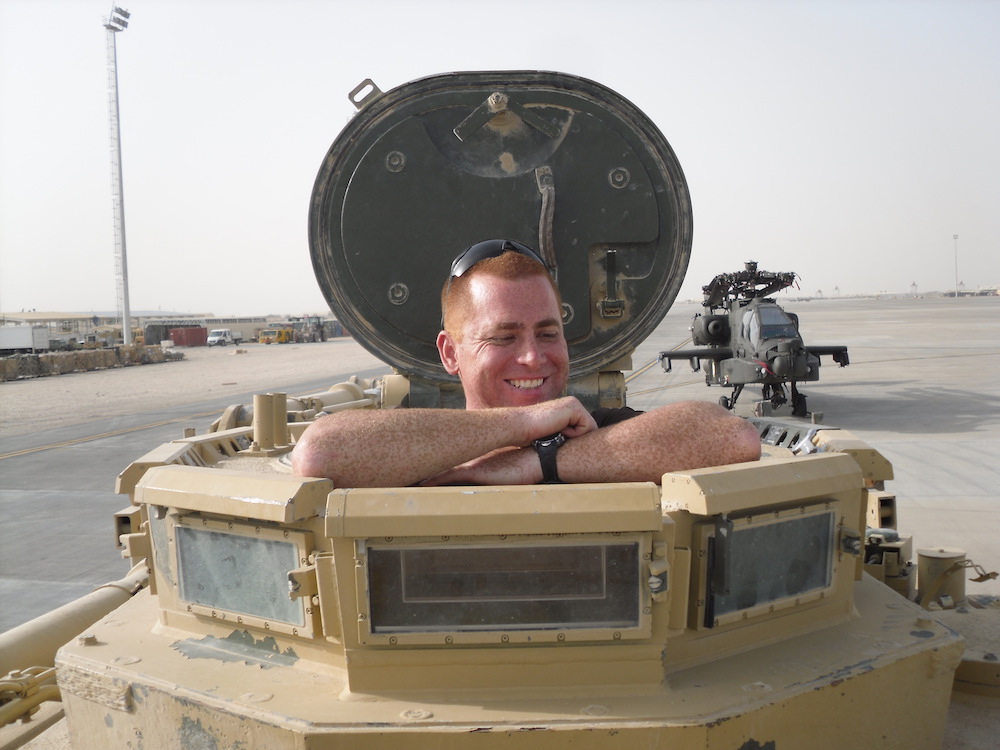
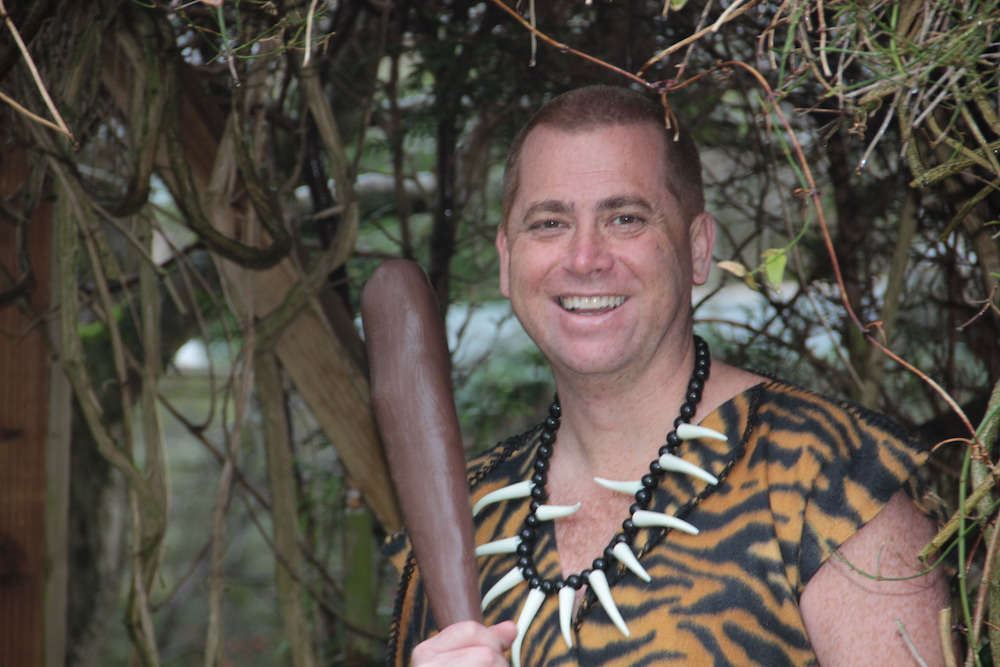
Comments